
views
For folks ingrained in the study of sport and its origins, culture remains an integral part, an unmissable component. It is the powerful force that gets children to play, grown-ups to take families to football games and watch it together on the telly. Novy Kapadia was more than a historian, his contribution larger than just documentation or his commentary work; his role transcended all his contributions to the Indian game by single-handedly keeping the passion of fans alive through more than five decades in the sport. Novy was Indian football culture in its entirety, a single man’s relentless pursuit to spread the gospel about the beauty and pitfalls of Indian football.
PURE LOVE FOR THE GAME
At a time when chronicles of the local game were nascent and perhaps dwindling, his contribution across years of journals, broadcast, newspapers and websites is unparalleled. He was the editor of the Durand journal for many years and gave voice to matches in the I-League and its predecessor, the National Football League (NFL).
What is perhaps less well known is his love of watching sport from close quarters. The Ambedkar Stadium was his second home and he would request for the line-up and study it in meticulous detail irrespective of the stature of the match.
He had also impressed upon the importance of watching sports from close quarter upon all budding sport writers in the capital, including this author. He was the most approachable person in Indian sport circles, as he would as easily respond to a message on Facebook as he would to a WhatsApp text.
Even through all the lows that Indian football went through, Novy was never cynical. He would speak about the game with great composure and timbre and was unflappable on the microphone. Harsha Bhogle’s tweet mentioned that he was ‘A sports lover of the greatest purity’. His love for the game transcended any administrative policies or on-field results. He was there for the sport, and the listeners were present to witness his limitless dedication to it.
Novy Kapadia loved all sport, but football was part of him. You could see joy reflected on him when he talked football; in any case with Novy joy and happiness was rarely far away. Few gave as much to his profession as Novy did. A sports lover of the greatest purity.— Harsha Bhogle (@bhogleharsha) November 18, 2021
Those who know him from close quarters will recall his fondness for all sport, be it tennis, cricket or otherwise. His work on mega-events such as the Olympic Games, the Asian Games and the Commonwealth Games spanning well over three decades remains unmatched as well.
He was also the window for many Indians starting to follow the global game in the 80s. The FIFA World Cup was incomplete in India without his voice, as they brought the on-field happenings to life. He would consume football voraciously and speak as easily about the English or Italian leagues as he would about the Delhi State League. You didn’t have to know Novy to guess that he had voluminous notes on every game he’d set out to commentate in.
It was his sister, the late Bunny Page, who brought the book ‘The Ashes Crown the Year by Jack Fingleton’, which “inculcated in him a lifelong passion for reading about all kinds of sports”.
The first sports book that Novy got as a gift was ‘The Ashes Crown the Year’ by Jack Fingleton. His sister Bunny bought it for him from her first pay cheque. She died in 2016 and he got into writing the book Barefoot to Boots to overcome from the grief of her death. pic.twitter.com/eDRFV9q7f9— Indranath Mukherjee (@indranath) November 18, 2021
A colossus of sporting knowledge; a mountainous library of game and match data – a treasure trove able to simplify information and communicate effectively for the viewers and listeners; that’s who Novy Kapadia was.
WHERE DOES INDIAN FOOTBALL GO FROM HERE?
Journalist, player, staff, officials, administrators, referees, operations personnel – Of the thousands of folks employed by Indian football, it is rare to say that Novy hadn’t touched the lives of these people. For most of them including yours truly, their first interaction with the local game was through the Novy medium.
One might even cheekily suggest you’d have to be living under a rock and yet follow Indian football without having heard of Novy Kapadia. The voice, yes, but perhaps he was the omnipresent guardian of the local game, Mr. ‘Live-and-Breathe’ Indian football himself.
His book, Barefoot to Boots, is just a mere summation of his life’s work; his knowledge on Indian football was more than all the articles and all the commentary he had ever done. You had sit with Novy to understand the depth of knowledge he possessed about Indian football. A listener merely had to prod him and be inquisitive, like the author did on several occasions, and Novy, however commonplace the question, would always handle it with care and answer as he did, undoubtedly to his students of English literature at Delhi University’s Khalsa College.
Before the era of Indian football data on websites, it was Novy Kapadia who brought the stories and backgrounds of the player to the fore. For those that had started watching the Indian game before the European, Novy was India’s ‘Peter Drury’ and much more.
ALWAYS HAPPY TO HELP
It was his zeal for football and help improve the local game and its understanding among commonfolk that has been a huge reason for Indian football not vanishing off the map completely in its dark times.
For a man who had seen the pinnacle of Indian football to the situation it finds itself in today, Kapadia may easily have become disillusioned. Yet he maintained a commitment to be a part of every advisory committee, ad-hoc body and gathering of Indian football thinkers that he was invited to.
He always had the time to help and respond, however much the trouble might be and he did so, without as much as a second thought. In the press box, you’d go to him if you had trouble understanding a particular topic, and Novy could present an instant thesis.
This loss is immeasurable to the world of Indian sport.
Novy Kapadia was a giant of several eras; he was the true father and voice of modern Indian football.













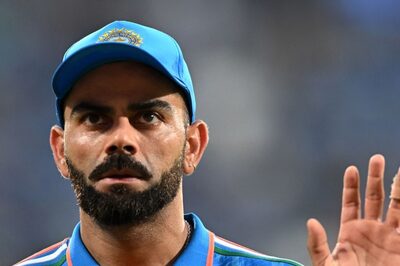
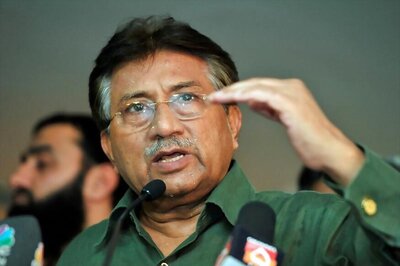

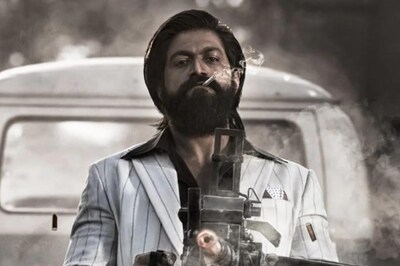
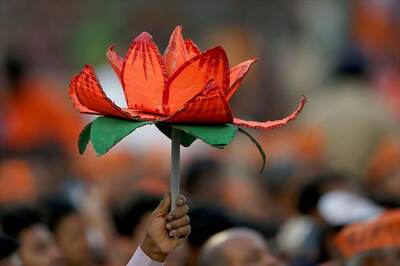
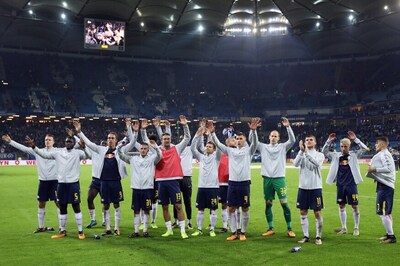

Comments
0 comment